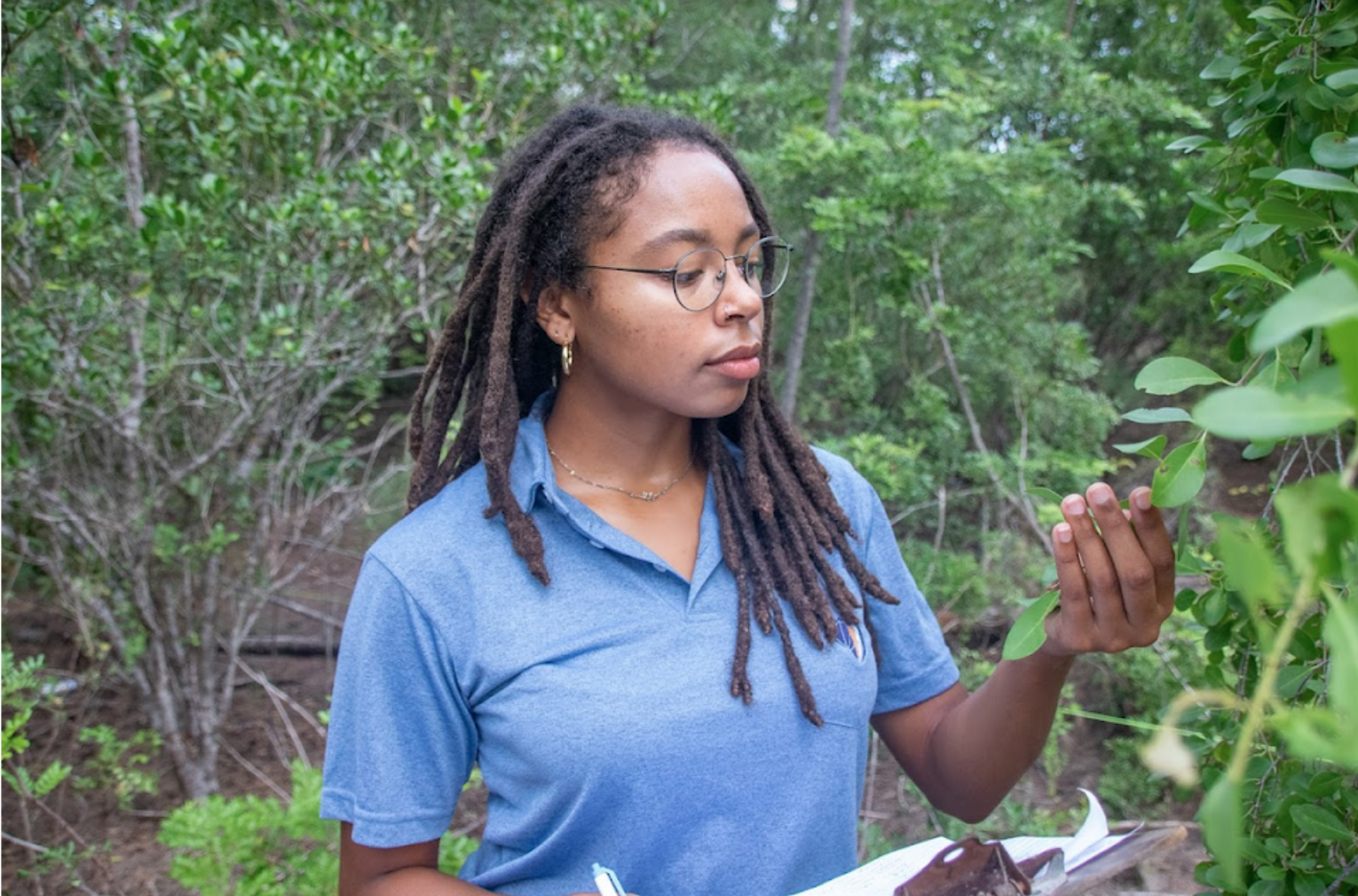
Resilience is a concept that has become increasingly popular in nearly every realm of study from ecology to public health, architecture, psychology, and everything in between. While most of us are familiar with the common definition of resilience, such as when describing someone that has overcome hardship as being ‘resilient’, the meaning of resilience within science has been notoriously difficult to define and measure despite its popularity. Over the past few weeks, while waiting on permit approval to move forward with our project, my team and I took on the challenge of learning as much as we can about resilience and its relevance to our country of The Bahamas.
We found that while resilience has many definitions depending on which context it is applied, it is generally regarded as the ability to deal with adverse changes and shocks. ‘Shocks’ refer to unexpected events that can carry a negative impact. For example, a recent and relevant shock to the entire world has been the COVID-19 pandemic. Another example of a shock, more familiar and frequent to the Bahamas, would be a hurricane. Previous resilience-related studies in the Bahamas (Valdez 2019; Higgs 2021) found that Bahamian people turned to natural resources, particularly fisheries, as a way to buffer the impacts from such shocks. This is critically important as such ‘natural insurances’ can increase resilience; They provide alternate sources of income, food, and recreation in hard times, that reduce the impact of shocks and increase capacity for recovery.
Building on this concept, the project I am currently working on, alongside Dr. Karlisa Callwood, Dr. Nick Higgs, and Kandize Mcphee, is entitled “The role of subsistence fishing in resilience of island communities during the COVID-19 pandemic.” This work aims to understand how subsistence fisheries increased the resilience of Bahamian households during the lockdown period by possibly providing economic and food security, as well as recreational activity, during a time when other activities were prohibited. As a result, a large aspect of our project is understanding resilience within the context of fisheries, food security and disasters. In our study, we will be using a subjective, perception-based approach to measuring resilience; Through community meetings, focus groups, surveys, and interviews, we hope to understand what resilience means to the communities of Nassau and Eleuthera, and the role that subsistence fishing plays in their ability to rebuild, adapt, and transform in the wake of the pandemic shock.
Through this research, we aim to positively influence decisions made around fisheries, so that our socio-ecological systems can be more resilient and our natural resources continue to provide a backup for Bahamians in generations to come. Resilience can be a tricky concept to understand, measure, and effectively implement to create change. However, I believe that building resilience is integral to ensuring a sustainable future for the ecosystems and people of the Bahamas and I hope that our upcoming research will work towards that goal.
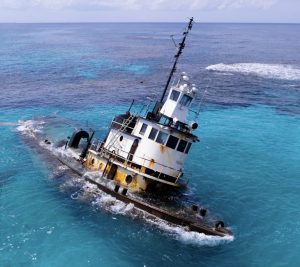
A Year Later, Stranded Tug and Barge Still Scars Reef in Fowl Cays National Park–Residents Demand Accountability
A haunting aerial view of the grounded tug and barge in Fowl Cays National Park—still embedded in coral a year later, a stark reminder of the cost of inaction. Photo
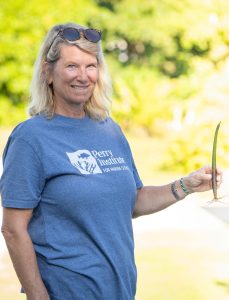
Women Leading Mangrove Restoration in The Bahamas
Have you ever wondered who’s behind the scenes saving our environment, right in our own backyard? Picture a group of energetic, determined women rolling up their sleeves and diving into
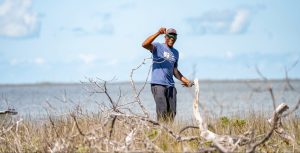
Rewilding the Marls of Abaco: PIMS Plants 100,000 Mangroves and Counting in 2024
As the afternoon sun bathes the Marls of Abaco in golden light, Bahamian boat captain Willis Levarity–locally known as “Captain to the Stars”–stands ankle-deep in soft, warm mud. A broad
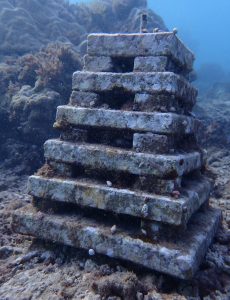
Unveiling Coral Reef Biodiversity: Insights from ARMS Monitoring Structures
An ARM teeming with new coral recruits and a diversity of marine life, highlighting reef recovery and biodiversity Understanding Coral Reef Biodiversity Most new PhDs in the natural sciences move
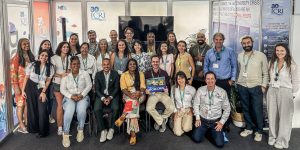
7 Key Takeaways from COP16: Confronting Coral Reef Challenges in a Changing Climate
United #ForCoral: Experts, advocates, and leaders from across the globe join forces at COP16 for the #ForCoral conference, hosted by the International Coral Reef Initiative. Together, they’re driving urgent action
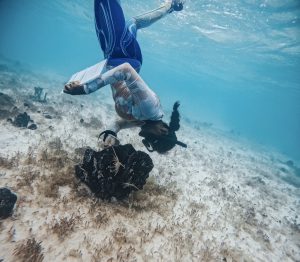
Fieldwork Wrap-Up: Strengthening MPA Management in The Bahamas
Marine protected areas (MPAs) are critical tools in the conservation of marine species and habitats, safeguarding reefs, seagrasses, and mangroves that provide vital ecosystem services to coastal communities. At the



